18 Controversial Parenting Opinions Other Parents Hate
Parenting might come with manuals, blogs, and advice from every direction, but nothing sparks chaos faster than an unpopular opinion. One parent’s genius hack is another’s worst nightmare, and the group chats can be brutal! We’re exploring the hot takes, bold beliefs, and eyebrow-raising opinions that tend to split playground crowds in half and stir the pot the most.
Kids Don’t Need Bedtimes
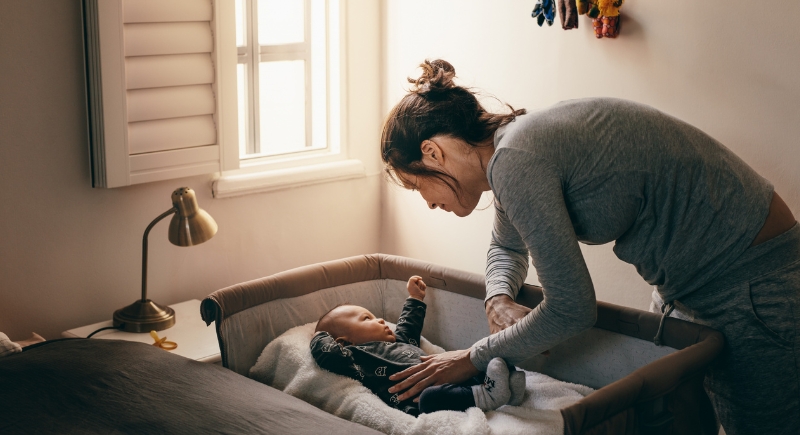
Credit: Canva
Some families skip the nightly bedtime ritual entirely—not out of chaos, but by choice. They trust kids to listen to their own bodies and sleep when they’re ready. Advocates say it builds autonomy and keeps the power struggle off the clock. Critics, though, worry it invites unpredictability, leaves parents exhausted, and turns school mornings into battles. It’s a parenting philosophy that runs on trust, not timers—and it draws strong reactions either way.
Screen Time Isn’t Always the Enemy
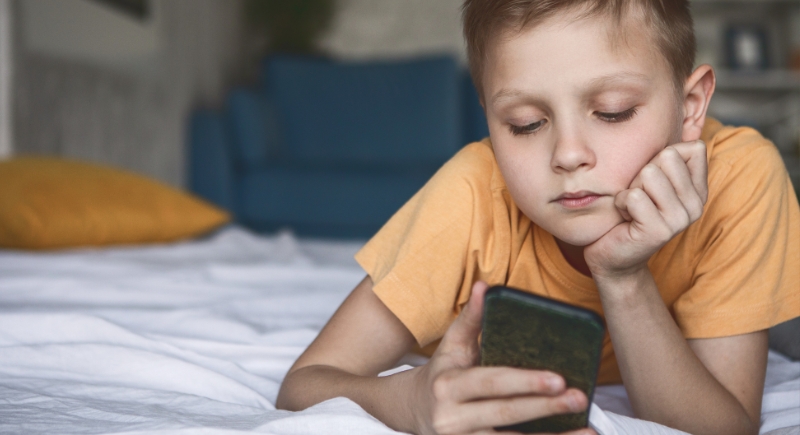
Credit: Getty Images
Tablets and TVs get blamed for a lot, but many parents see them differently. They lean into educational shows, interactive games, and family movie nights as tools—not crutches. The argument here is that screens can teach letters, spark questions, and buy sanity in a long day. But opponents see a slippery slope toward passivity and overstimulation. In truth, the impact often comes down to content, balance, and the context in which that screen lights up.
Sleep Training Feels Too Harsh for Some
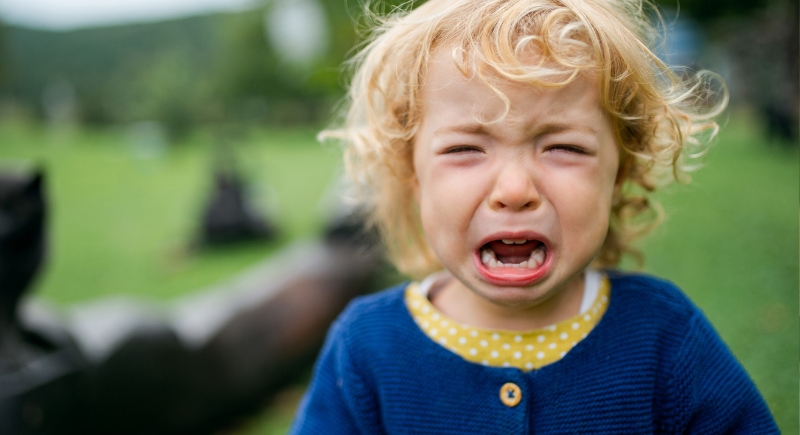
Credit: Canva
The “cry it out” approach is a dealbreaker for plenty of parents. Leaving a baby to scream alone—even briefly—feels wrong to them, almost like breaking a primal bond. They say infants need reassurance, not isolation. Supporters of this stance point to emotional trust and gut instinct over any schedule. It’s less about being anti-routine and more about refusing to normalize distress.
Sleep Training Is a Lifesaver for Others
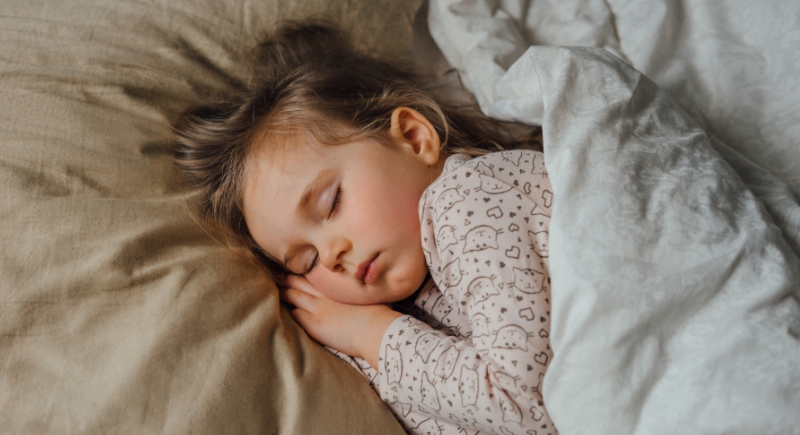
Credit: Canva
On the flip side, many swear by sleep training—not because it’s easy, but because it works. They credit it with restoring sanity, teaching consistency, and giving everyone in the house a fair shot at rest. Whether they follow Ferber, timed checks, or full extinction, these parents say structure builds stability.
Start Chores Early—Really Early
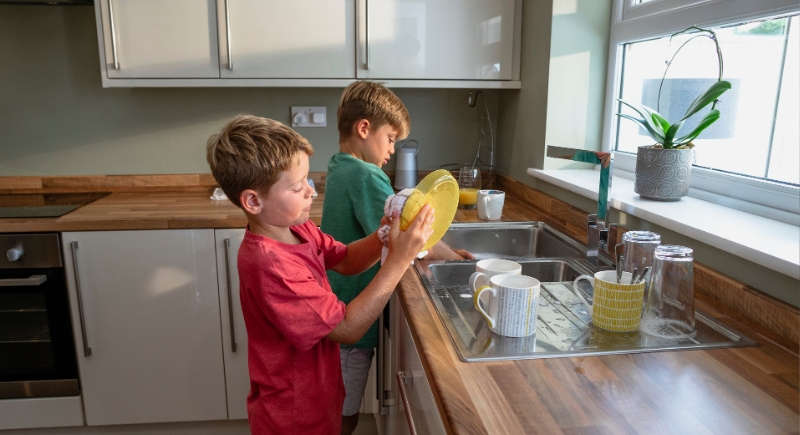
Credit: Canva
You’ll find parents who hand a rag to a toddler and call it a life skill in the making. In some homes, kids are expected to contribute early—not perfectly, not professionally, but actively. The goal is to embed the idea that shared space means shared responsibility. A wiped table here, a loaded dishwasher there—small gestures, but they add up to something bigger.
Formula Isn’t Second Best
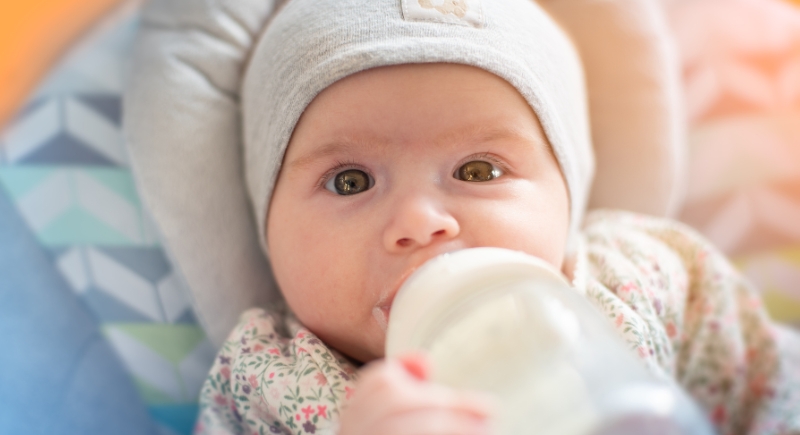
Credit: Canva
Choosing formula isn’t always plan B. For many, it’s freedom from pressure, from exhaustion, from the expectation that only one parent handles feeding. It focuses on showing up—with sleep, with presence, with a different kind of bond that doesn’t come with latching charts or lactation lectures.
Gentle Parenting Isn’t for the Faint of Heart
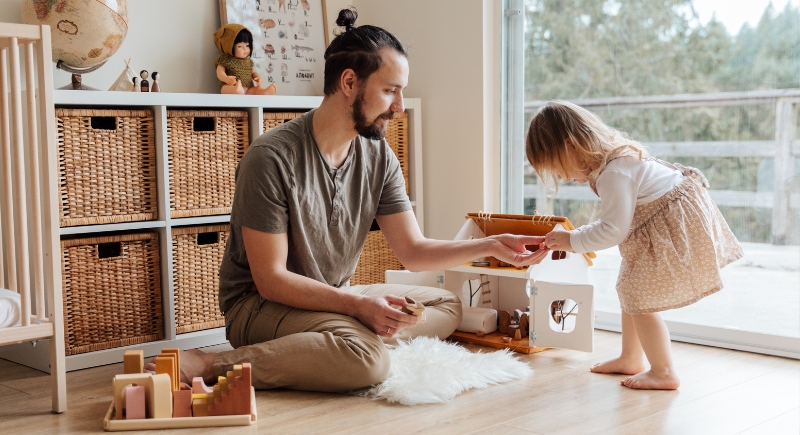
Credit: pexels
Gentle parenting isn’t whispering affirmations while a toddler hurls blueberries at the wall. It’s holding the line without losing your cool, explaining things a dozen different ways, and accepting that emotional growth is often inconvenient. It’s slow, deliberate, and sometimes thankless. But for those who stick with it, the payoff comes in the form of immense trust.
Some Still Swear by Spanking
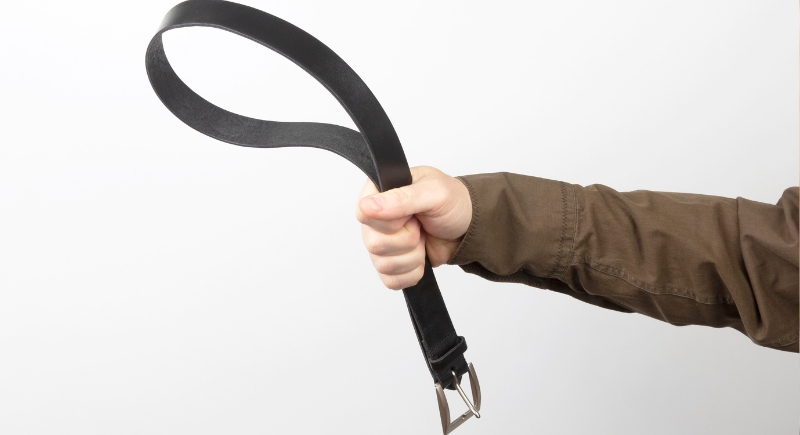
Credit: Getty Images
In certain homes, discipline still includes a swat on the backside—usually quick, rarely talked about. Whether that makes sense or feels outdated depends on where and how you grew up. It’s one of those practices people don’t always admit to, but the ones who believe in it tend to believe in it deeply.
Sharing Isn’t Always the Lesson
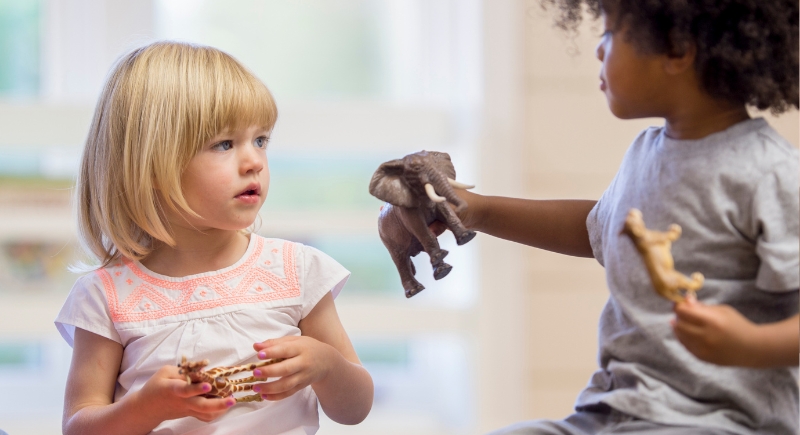
Credit: Getty Images
You don’t have to hand over the toy just because someone else wants it. That’s what some parents teach their kids. Ownership matters, and so does consent. Learning to say “not right now” is just as valuable as learning to say “go ahead.”
Fewer Toys, Better Play
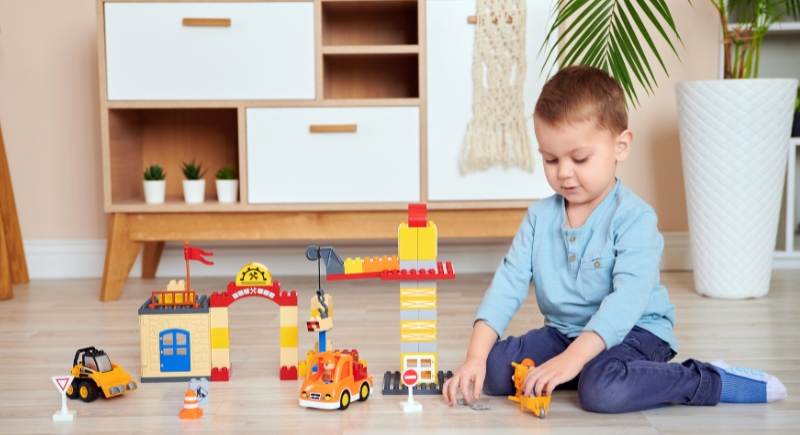
Credit: pexels
Once you open a closet and find three bins of plastic noise-makers, you start to understand the appeal of a simplified toy stash. Fewer choices can mean deeper play. Kids dig in, get creative, and stop bouncing from toy to toy like bees in a field of plastic flowers.
Screens at Dinner Aren’t the End of the World

Credit: Canva
Sometimes, peace at the table means Bluey gets a seat, too. A screen during dinner isn’t always an escape—it can be a pause button for the chaos. Families talk during commercials, kids eat without tears, and everyone breathes. Will there be unplugged dinners down the road? Sure. But tonight, that cartoon’s buying fifteen minutes of calm—and that’s enough.
Not Every Kid Needs a Packed Schedule
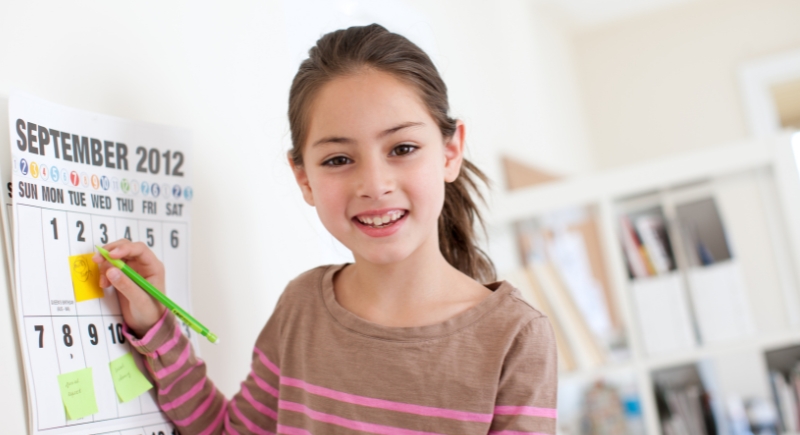
Credit: Getty Images
Some kids thrive without trophies or timed drills. They build forts, chase bugs, and learn through wandering. Parents who skip extracurriculars often do it because they want to protect that margin in their child’s life. It’s okay to have a calendar with white space.
Parents Aren’t Clowns
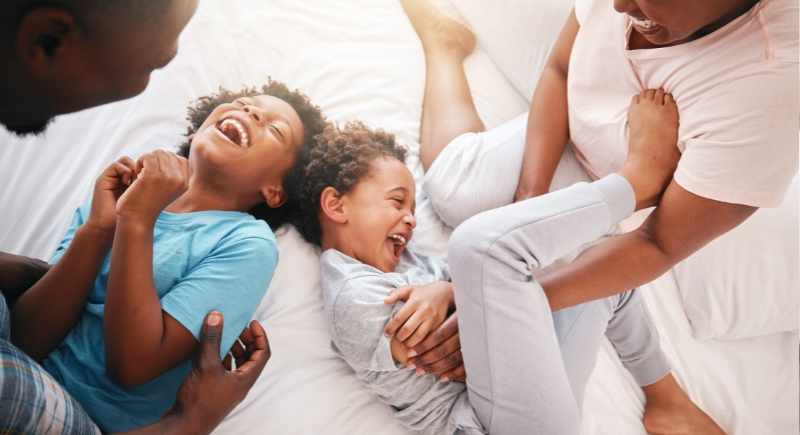
Credit: Canva
No, you don’t have to be the entertainment. Not every silence needs filling; not every afternoon needs a plan. Let kids get bored. Let them figure it out. The magic comes from giving them the space to invent, explore, and be okay on their own.
Yelling Happens
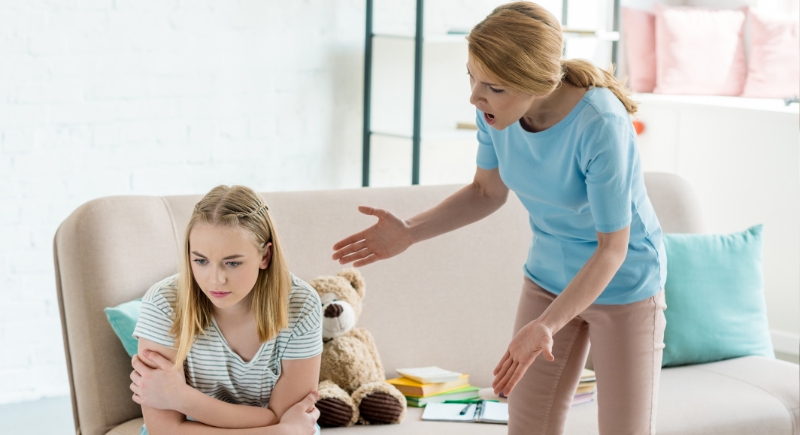
Credit: Getty Images
You don’t set out to yell. It happens. Maybe it’s the fifth time you’ve asked, the spilled juice, or the exhaustion that crept in unnoticed. Raising your voice sometimes is only human. The important thing is to apologize when you do and show your kids that even grown-ups work on themselves.
Homeschooling Isn’t What It Used to Be
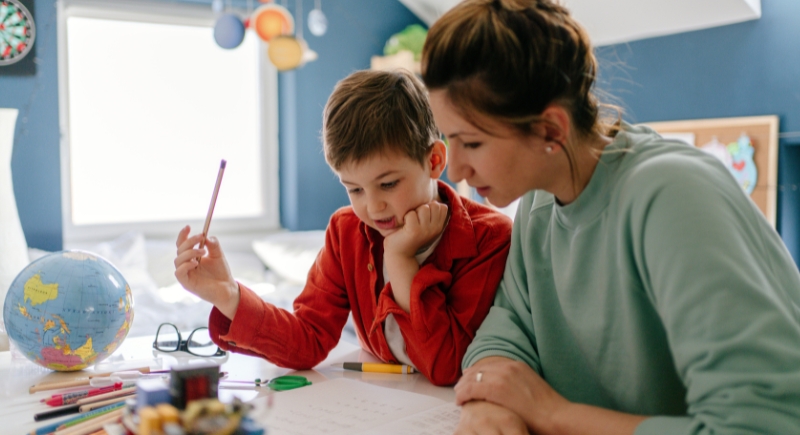
Credit: Getty Images
Forget the old stereotypes. Homeschooling today looks like co-ops, museum days, math apps, and outdoor science lessons. For some families, it’s about time—having more of it together and using it differently. It’s just school reimagined, and for kids who thrive outside the box, it can be a breath of fresh air.
Not Everyone Gets a Hug

Credit: Canva
Kids don’t owe physical affection—not to teachers, not to cousins, not even to Grandma. Teaching that early helps them understand consent in its earliest, simplest form. A high five can still be kind. A wave can still be polite. What matters is that kids learn they get to choose what happens to their bodies—even at the family BBQ.
Public School is Not the Only “Socialization”
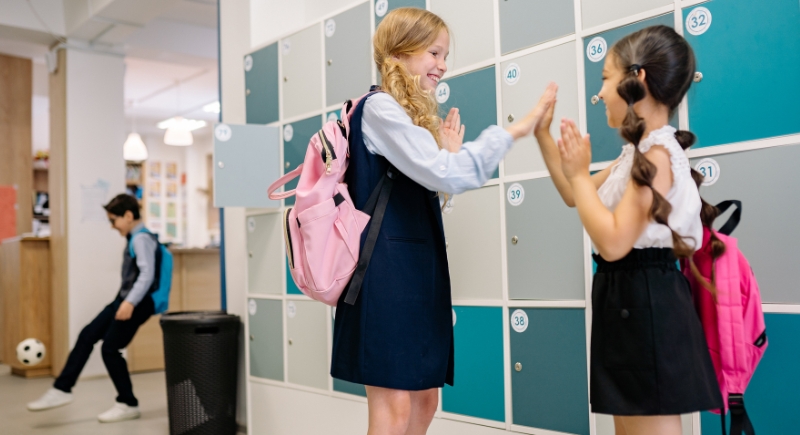
Credit: pexels
Some parents argue that social skills grow in plenty of places beyond a classroom. Sports teams, neighborhood play, clubs, and family gatherings all teach sharing, teamwork, and reading the room. They say real life mixes ages and personalities more than school does. Critics counter that daily peer exposure builds resilience you cannot fully recreate.
Your Kids Aren’t Your Best Friends

Credit: Getty Images
This take says parenting works best with clear roles, not buddy vibes. Kids need guidance, limits, and someone willing to be the bad guy sometimes. Being warm matters, but so does authority. Supporters think friendship can come later, while childhood calls for structure. Plenty of parents bristle at that idea.